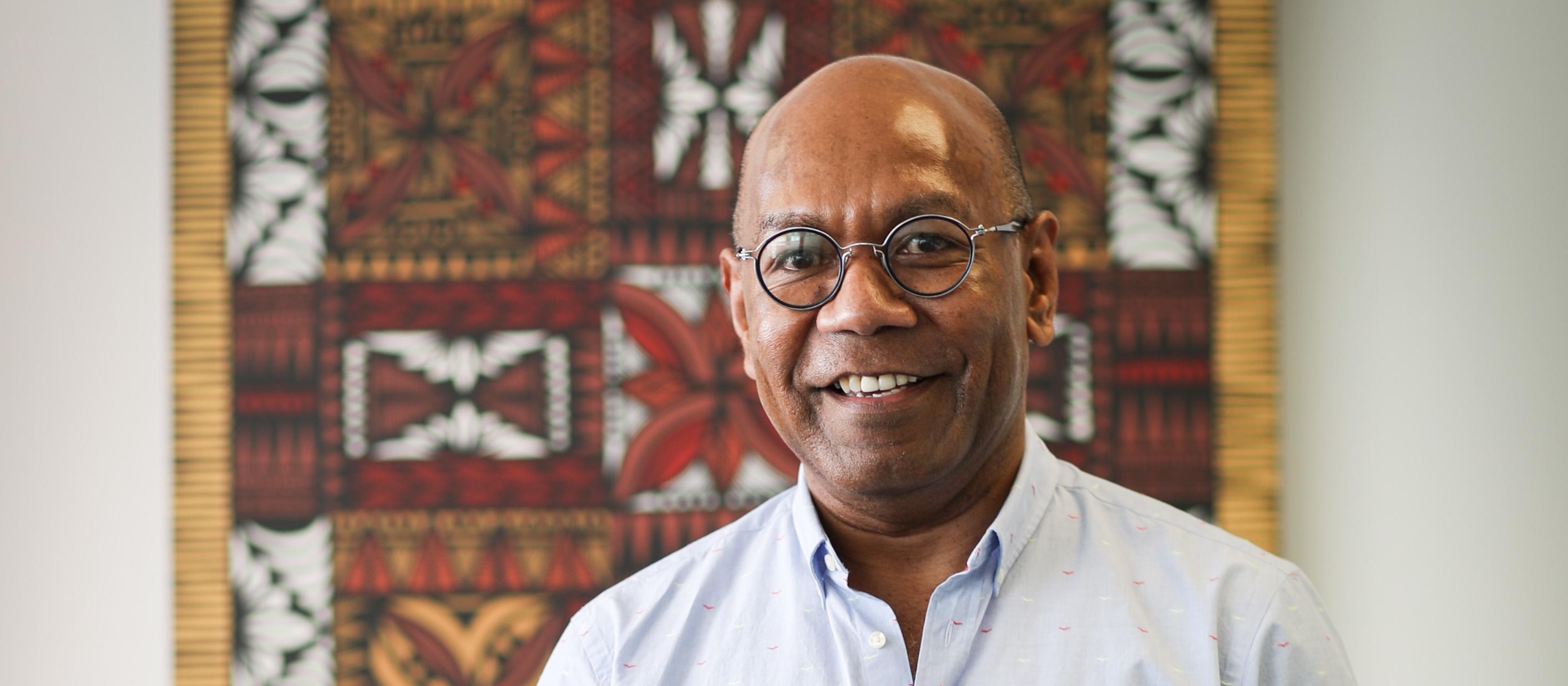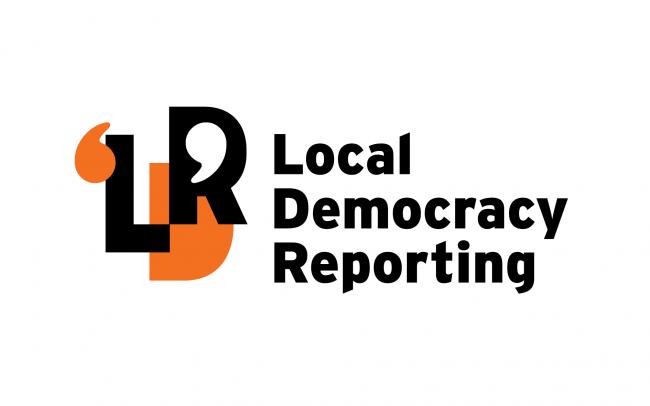For older people and frail people, the long-term benefit of medicines reduces and the potential for harm from adverse effects increases. When the benefit–risk balance changes in this way, medicine review and optimisation are important to simplify the therapeutic regimen, reduce inappropriate medicines and minimise risks. In this article, pharmacist prescriber Linda Bryant uses two case studies to illustrate important considerations during medicine reviews
COVID-19: South Auckland GPs call for new anti-viral drugs in battle against Omicron
COVID-19: South Auckland GPs call for new anti-viral drugs in battle against Omicron

South Auckland doctors say two new anti-viral drugs to treat patients with COVID-19 are needed now in a bid to manage the country’s Omicron outbreak.
But according to drug buyer Pharmac, the drugs may not be available until April at the earliest.
It comes on the back of news that almost 50 per cent of all current COVID-19 cases in New Zealand are in the Counties Manukau District Health Board area.
New data released by the Ministry of Health shows 63 per cent of all new daily cases of COVID-19 recorded in the Auckland region between February 9 and February 15 were in Counties Manukau.
Pharmac this week released the proposed access criteria for oral anti-viral drugs Paxlovid and molnupiravir, which are used to treat COVID-19.
The drugs, which are still awaiting approval from drug regulator Medsafe, work by binding to enzymes to prevent the virus from growing, and are expected to reduce the numbers of people hospitalised with coronavirus.
South Auckland GP Dr Api Talemaitoga, chairman of the Pasifika GP Network, said doctors on the front line in Counties Manukau need all the help they can get to manage the Omicron outbreak, and the anti-viral drugs are needed now.
“We’re expecting a peak in case numbers in March, so I can’t understand why we might have to wait until after April for these drugs?”
Under Pharmac’s criteria, Māori, Pasifika, some unvaccinated people and immune-compromised groups would be among the first in line for the drugs and Talemaitoga said many of his patients would qualify.
“We have to use all the tools we have to manage Omicron,” Talemaitoga said.
Papakura GP Dr Primla Khar agreed and said doctors needed such medicines to treat those with the virus.
“We are expecting to have to deal with sicker patients, many of whom aren’t vaccinated, so these drugs may reduce demand for ICU beds,” she said. “So these anti-virals will be welcomed.”
Khar said the main benefit of using such medicines was to help treat those who already have the virus but conceded they wouldn't help stop its spread.
National Māori Pandemic Group co-leader Dr Rawiri McKree Jansen said even if the new drugs were not available until after April, having drugs such as Paxlovid available to treat cases in subsequent waves of the virus would still be helpful.
“These medicines will make a real difference for those people who catch COVID-19 and aren’t vaccinated,” he said.
In a statement, Pharmac’s chief medical officer Dr David Hughes said it expected the new medicines to arrive in the country between April and June.
“We worked quickly to secure advance purchase agreements for molnupiravir and Paxlovid. These types of agreements enable the companies to commit to deliveries to New Zealand and will ensure these medicines are available as soon as possible.”
Hughes said Pharmac had asked the suppliers to bring forward their delivery dates for the drugs.
“But it is important to also acknowledge that there is significant global demand for these medicines,” he said.


![Masks and pills [Volodymyr Hryshchenko on Unsplash]](/sites/default/files/styles/cropped_image_4_3/public/2021-09/volodymyr-hryshchenko-e8YFkjN2CzY-unsplash.jpg?itok=IUyYuC2L)
![Molnupiravir [image: Merck Sharp & Dohme Corp.]](/sites/default/files/styles/cropped_image_4_3/public/2022-01/molnupiravir-4-capsules-white.jpg?itok=V47et5jR)



